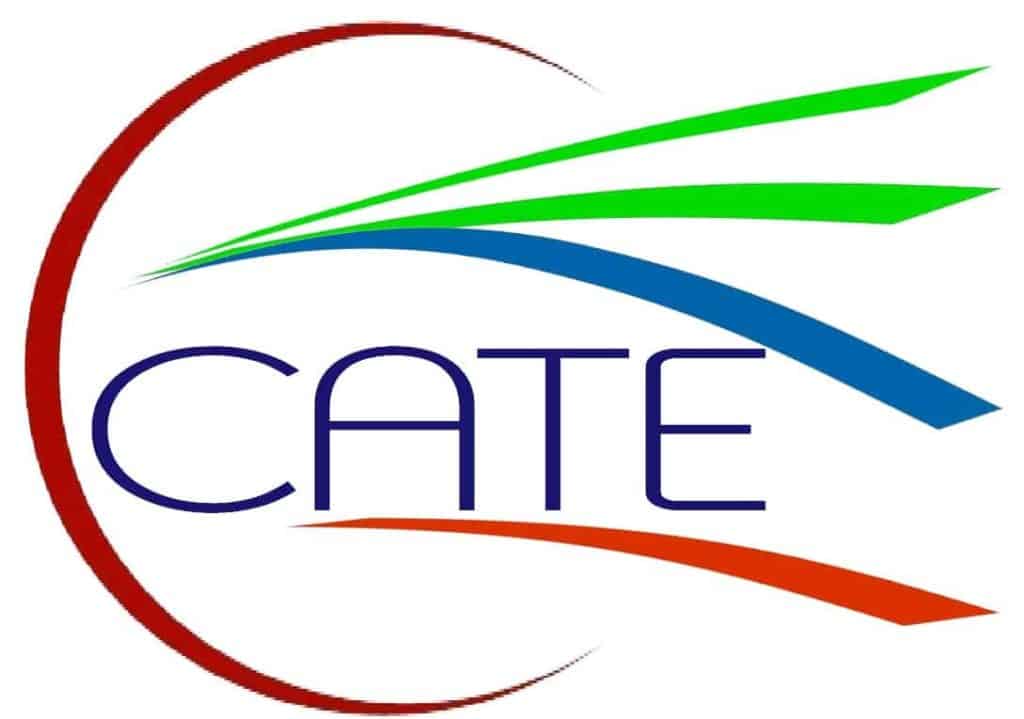University of Pennsylvania, Penn Museum
Note: Speech commemorating 200 years of diplomatic relations between Mexico and the United States. An event convened by the Consulate of Mexico in Philadelphia and the Museum of Anthropology and Archaeology of the University of Pennsylvania. The speakers were Consul of Mexico Carlos Obrador, Philadelphia Mayor Jim Kenney, Associate Dean of the School of Social Policy and Practice (SP2) at the University of Pennsylvania Kristen De Paor, Penn Museum Director Dr. Christopher Woods, and SP2 Master of the University of Pennsylvania and Executive Director of CCATE, Obed Arango. The following is Obed Arango’s full speech.
It is an honor to be here as a Mexican citizen and as a U.S. citizen here at the Penn Museum and at the University of Pennsylvania, which are also my home and where I do my teaching. I myself could say that I am the result of diplomacy and enjoy dual citizenship. Unfortunately that is a privilege that only reaches a few, but it should reach the millions who deserve immigration relief. Today I call Mexico City and Philadelphia home. I call UNAM and UPenn home. It is an honor for me to share these words to commemorate the relationship of two nations that were formed as a result of colonial history. In 200 years, as we say in Mexico, much water has flowed under the bridge:
War between the two countries, loss and dispossession of territories, division of families, distance and disengagement, different ways of doing things and thinking about the world, two opposing dominant cultures, which also dispossessed the native peoples, to whom we owe a great debt.
The role of diplomacy in the face of the complexity of history is of vital importance because our past, present and future cannot be divided by a fence.
Diplomacy instead creates bridges, seeks to build avenues, understanding, negotiation and mutual appreciation.
However, the history of both countries is also a history of hope, of justice, and of building new humanizing understandings.
In recent weeks the Texas government has sent migrants to the interior of the country as a political weapon of the right, as a way to dehumanize the migrant. In the face of this, the city of Philadelphia, and its government, is responding in a dignified, humanizing and supportive manner, Mayor Kenney, your government is setting an example and all those who collaborate with you are doing the same, making us proud to be Philadelphians.
Also, I wish on this occasion to say a word to the Consulate of Mexico and Consul Carlos Obrador, in all these years I have seen the great challenges that the consulate faces every day, I have seen the consulate grow in my 21 years as an immigrant, and in all of them I have met people who have served before the urgent call of the community, names like Carlos Giralt, Alicia Kerber, Rocio Vazquez, Carlos Torres, Humberto Guadarrama, and you dear friend, among many that I do not mention, come to mind. And I have words of gratitude for always responding to the call that I have made from the community of Philadelphia and Norristown when it has been urgent and necessary. As a Mexican I wish to say that you have my support and the support of our community in CCATE to continue walking together, and also mine as a member of the faculty at Penn.
My final words are of hope, although history has given us dark and painful passages between the two nations, it has also given us opportunities for love and hope. Every immigrant, every father, every mother, every young man and teenager, every immigrant child of Mexico represents a consul, an ambassador of Mexico in this land, in fact, they are the best ambassadors. And although our contribution with our work is well known, it is not our most important contribution, but it is our presence, our dreams, our existence that is expressed in art, in culture, in the knowledge of the land, and with the values that we hold. It is important to say that we are ambassadors of dreams, of hopes that are realized every day, and of opportunities for our families there and for our families here.
In CCATE we consider that we are all teachers and we are all students, we consider that we all have the responsibility to make social transformations in education, health, environment, art, culture, gender justice. That is why the community initiated circles of health, youth education, research, women’s artivism, and more. The daily work of the community is the best diplomacy we have, without failing to recognize our authorities, but that we show the United States who we are as a Mexican community and how we want to build a just present and a promising future. The community’s agenda is important, driver’s licenses, state dream act, how to vote in local elections, and a national immigration reform. Thank you and Viva la comunidad!
